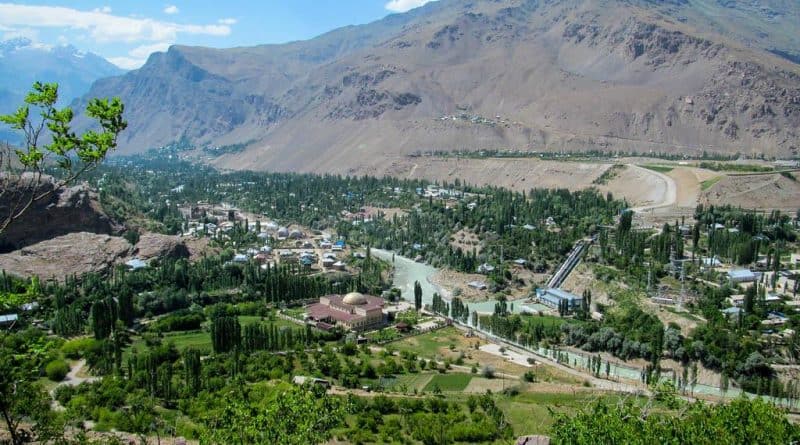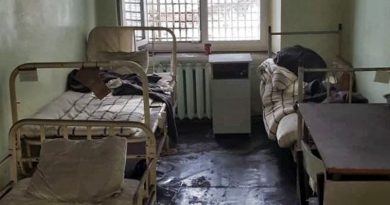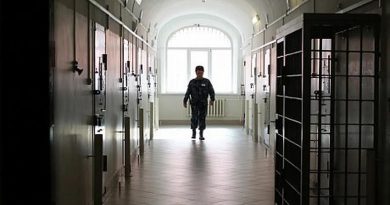Tajikistan: HRW demanded from the authorities to restore the Internet in the Pamirs
“The authorities of Tajikistan should immediately restore full Internet connection in Gorno-Badakhshan Autonomous Oblast (GBAO),” Human Rights Watch stated in its press release dated February 8.
“Tajikistan must also immediately disclose where Amriddin Alovatshoev is being held and provide him with immediate access to a lawyer of his choice. Alovatshoev must appear before an independent tribunal to determine the lawfulness of his detention, as well as use all rights to due process of law, including contact with family and medical care and treatment. He should be released pending a fair trial on any credible charges and should be provided with redress for the violation of his rights as a result of his forced removal to Tajikistan,” the press release also notes.
Internet access was disabled in GBAO immediately with the start of mass protests in Khorog on November 25, 2021, after the death of a local resident during his detention by law enforcement bodies. According to the authorities, Gulbiddin Ziyobekov was wanted for a number of serious crimes, including hostage-taking, inciting ethnic hatred on the basis of localism, etc. Internet access was later cut off in the rest of the region.
The spontaneous rally escalated into violence, and firearms were used by law enforcement officers. As a result, two young people participating in the protest were killed, 12 law enforcement officers were injured.
The protesters agreed to disperse only on the fourth day of the rallies, after an agreement was reached with the authorities on a fair and objective investigation into the death of Ziyobekov and two protesters. The authorities also said at the time that they would not harass the protesters and would restore Internet connection. However, two months later, Internet connection in Khorog has still not been restored to the population.
“The closure of communications in GBAO not only violates the right to freedom of expression, but also makes life difficult and even dangerous for the entire population,” said Syinat Sultanalieva, Central Asia Researcher at Human Rights Watch. “The authorities of Tajikistan should restore Internet access without further delay.”
“The Internet outage disrupted the lives of people across the region, hindering the functioning of medical and educational institutions, as well as other parts of society,” the press release notes. “Many people have to travel hundreds of miles to send or receive information, make banking transactions, or apply for educational programs.”
The human rights organization believes that the absence of the Internet has created problems in the work of the so-called “Commission 44”, in particular, in order for it to be able to make the results of its activities transparent and receive information from all interested parties.
In order to exchange information and send video messages, members of the Commission were forced to save data on digital carriers and send them to Dushanbe.
“According to Tajik law, state authorities may partially or completely restrict access to the Internet during crisis situations, such as military or anti-terrorist actions and natural disasters. The authorities didn’t provide any justification or refer to this law in the current lockdown,” writes Human Rights Watch. “Under international law, governments can only impose restrictions on online information if they are legally required, are a necessary and proportionate response to specific threat and are in the public interest. Officials should never resort to massive, indiscriminate blackouts to stop the flow of information or prevent people from expressing political views.”
UN bodies and human rights experts have repeatedly denounced measures to prevent or disrupt the access or dissemination of information on the Internet and have stated that countries should refrain from such measures.
“The Internet shutdown, which continues to limit access to information for people in GBAO, has already had a destructive effect on the life of the entire region,” Sultanalieva said. “Authorities should immediately end all restrictions /wpd promote the unhindered flow of information.”




